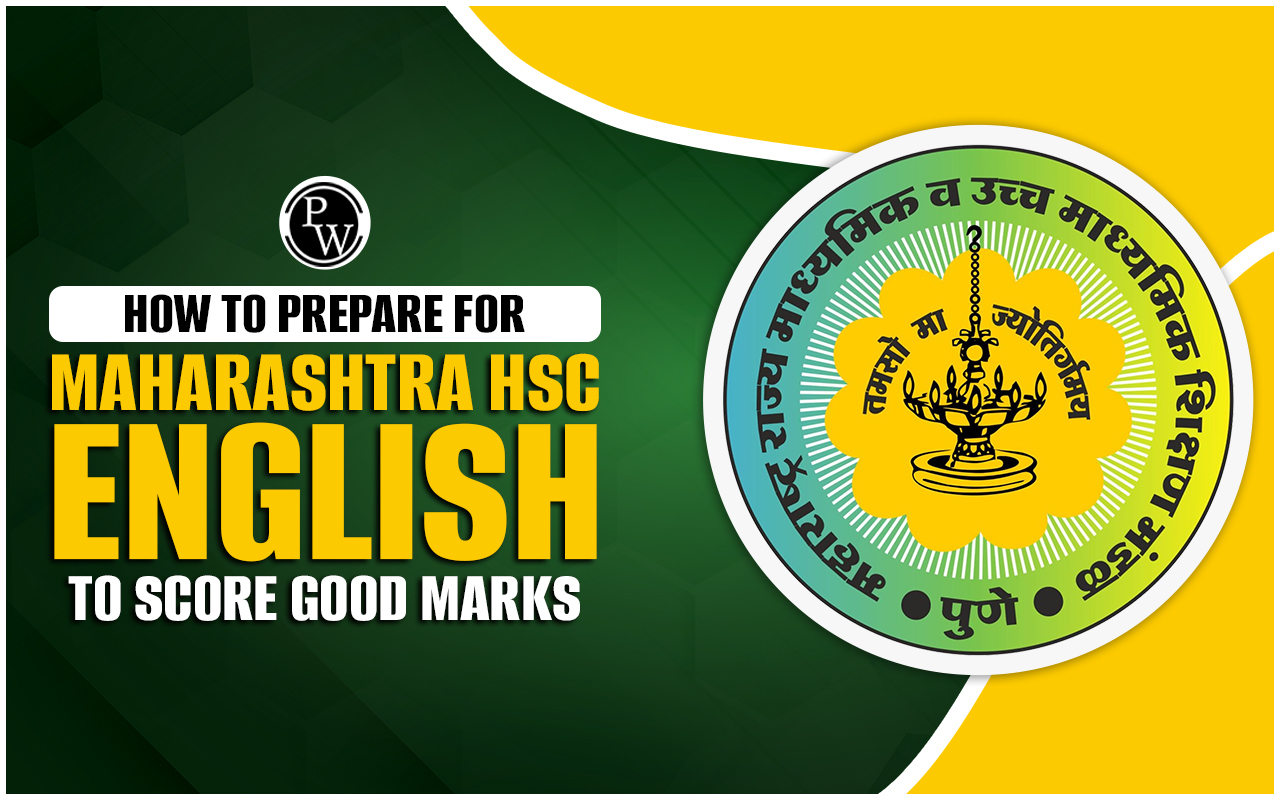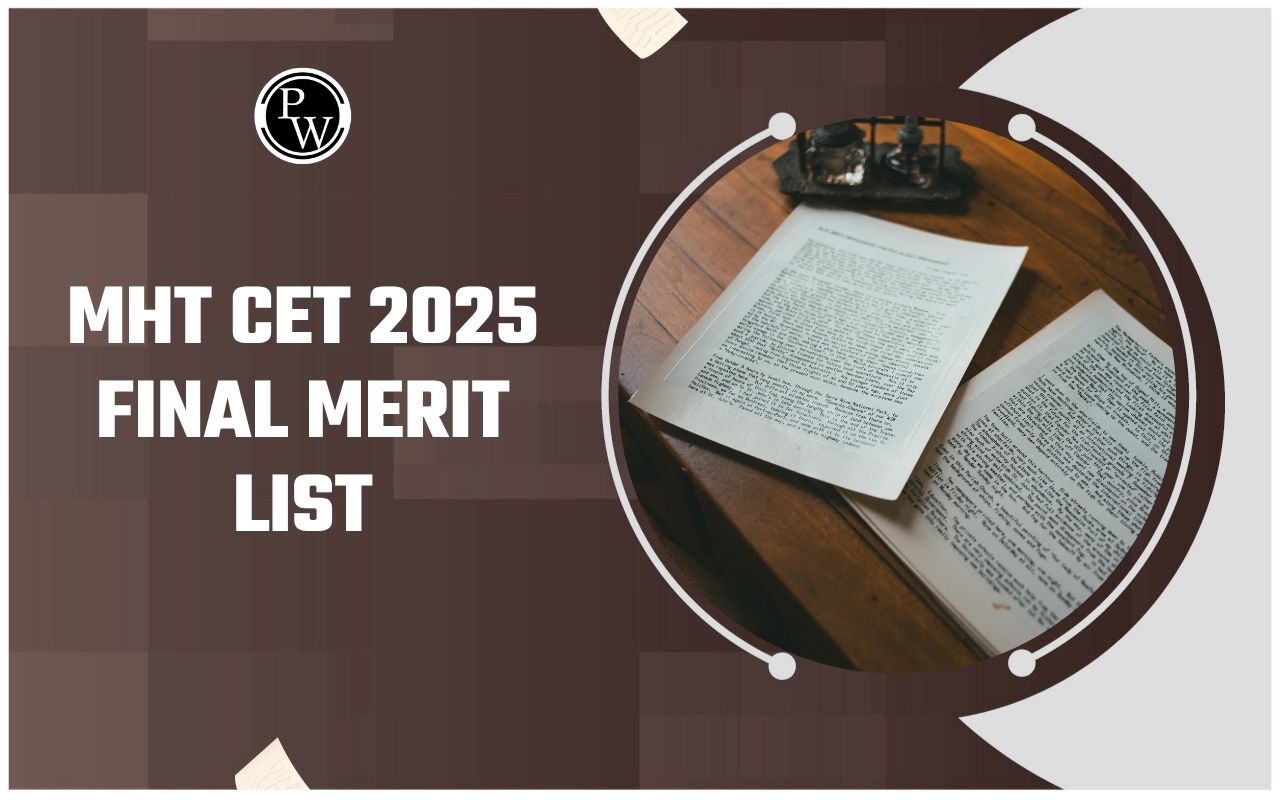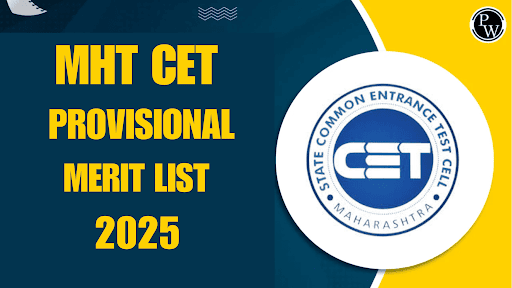

Prepare for Maharashtra HSC English to Score Good Marks requires a strategic and methodical approach to ensure you score well. English, being a subject that encompasses a range of skills from reading and writing to listening and speaking, demands a comprehensive study plan.
To achieve high marks, it is essential to understand the exam format, break down the syllabus into manageable segments, and employ effective study techniques. With careful planning and consistent effort, you can enhance your proficiency in English and approach the exam with confidence. Here’s a guide to help you to prepare for Maharashtra HSC English to Score Good marks effectively and maximise your scores.Career Options After Class 10th for Maharashtra Board Students
How to Prepare for Maharashtra HSC English to Score Good Marks
Prepare for Maharashtra HSC English to Score Good Marks involves a strategic approach to mastering the content and skills required. To achieve high marks, it is essential to have a clear plan that addresses all key areas of the syllabus. Here’s how you can prepare to excel in the exam:Understand the Syllabus and Exam Pattern
Start by thoroughly reviewing the Maharashtra HSC English syllabus and exam pattern. Familiarise yourself with the types of questions that are typically asked, including the structure of the exam, the sections involved, and the distribution of marks. Understanding the syllabus will help you focus on the key areas that need attention and allocate your study time effectively.Study the Textbooks and Reference Materials
Ensure that you have a strong grasp of the prescribed textbooks and reference materials. Read the prescribed novels, plays, and poems carefully, and take notes on important themes, characters, and literary devices. Pay special attention to key passages and their significance in the context of the text. Make use of supplementary reference books and guides to reinforce your understanding and provide additional practice.Practice Writing Essays and Compositions
The essay writing and composition sections of the English exam are critical components that require thorough preparation and practice. To excel in these sections, it’s essential to develop strong writing skills and the ability to articulate your thoughts clearly and effectively. Here’s how you can prepare: Ensure that each essay you write follows a clear and logical structure. Typically, this includes an introduction that presents your thesis or main idea, body paragraphs that provide supporting arguments or details, and a conclusion that summarises your points and reinforces your thesis. Pay attention to the organisation of your essay. Each paragraph should flow smoothly from one to the next, with clear transitions that guide the reader through your argument or narrative. Practice Different Types of Essays :- Engage in writing various types of essays, including descriptive, narrative, and argumentative. Each type requires different skills and approaches:
- Descriptive Essays: Focus on creating vivid imagery and detailed descriptions to convey a particular scene or experience.
- Narrative Essays: Develop a compelling story with a clear plot, characters, and setting.
- Argumentative Essays: Build strong arguments with evidence and reasoning to persuade the reader of your viewpoint.
Improve Your Language Skills
Strong language skills are essential for scoring well in the English exam. Work on improving your grammar, vocabulary, and sentence construction. Practice grammar exercises, learn new words, and incorporate them into your writing. Reading newspapers, magazines, and literature can also help improve your language skills and provide insights into effective writing techniques.- Regularly practice grammar exercises to reinforce your understanding of rules and usage. Focus on common areas of difficulty, such as verb tenses, subject-verb agreement, punctuation, and sentence structure.
- Use grammar workbooks, online quizzes, and educational apps to test your knowledge and identify areas for improvement.
- Make a habit of learning new words and their meanings. Create a vocabulary list and use flashcards or apps to memorize and review new terms.
- Incorporate new vocabulary into your writing and daily conversations to reinforce your understanding and usage of these words.
- Read a variety of materials, such as books, newspapers, and magazines, to encounter and learn new words in different contexts.
Seek Feedback and Clarification
If you encounter difficulties with certain topics or concepts, seek feedback from your teachers or peers. Participate in study groups or discussions to clarify doubts and gain different perspectives. Receiving constructive feedback on your practice essays and compositions will help you make necessary improvements and refine your writing skills.- Submit your practice essays and compositions for review by teachers or mentors. Request detailed feedback on structure, coherence, and language use.
- Use the feedback to make targeted improvements in your writing. Focus on addressing common issues and implementing suggestions to enhance your overall writing skills.
- Reach out to your teachers for guidance on areas where you face difficulties. They can provide valuable insights into complex topics and offer targeted advice to help you improve.
- Schedule one-on-one meetings or attend extra help sessions to discuss specific questions or concerns you have about the syllabus or exam preparation.
- Take part in discussions or forums related to English literature and writing. Conversations with others with similar academic goals can provide additional insights and clarify complex concepts.
- Ask questions in these discussions to address doubts and gain a deeper understanding of the material.
Develop a Study Schedule
To optimise your English exam preparation, it is essential to create a well-organized study schedule that allocates dedicated time for various aspects of your study. A structured routine will help you cover all necessary topics systematically and prevent the stress of last-minute cramming. Here’s how you can craft an effective study plan: Study Schedule| Day | Time | Activity | Details |
| Monday | 4:00 PM - 5:00 PM | Grammar Practice | Focus on verb tenses and subject-verb agreement. |
| Monday | 5:15 PM - 6:00 PM | Vocabulary Building | Learn and review new words and their usage. |
| Tuesday | 4:00 PM - 5:30 PM | Reading Comprehension | Analyze and summarize passages from textbooks. |
| Tuesday | 5:45 PM - 6:30 PM | Essay Writing | Practice writing descriptive essays. |
| Wednesday | 4:00 PM - 5:00 PM | Review Session |
Go over previous material and key concepts. |
| Wednesday | 5:15 PM - 6:00 PM | Practice Test | Take a timed practice test to assess progress. |
| Thursday | 4:00 PM - 5:30 PM | Literary Analysis | Study prescribed texts and discuss themes. |
| Thursday | 5:45 PM - 6:30 PM | Writing Composition | Focus on argumentative and narrative essays. |
| Friday | 4:00 PM - 5:00 PM | Grammar Review | Revise grammar exercises and correct mistakes. |
| Friday | 5:15 PM - 6:00 PM | Vocabulary Usage | Use new vocabulary in sentences and practice. |
| Saturday | 10:00 AM - 12:00 PM | Mock Exam | Complete a full-length mock exam under timed conditions. |
| Sunday | 10:00 AM - 11:00 AM | Feedback Review | Review feedback from mock exams and practice essays. |
Maharashtra HSC English Exam Pattern
The Maharashtra HSC English exam is designed to assess a range of language skills over a duration of 3 hours. The total marks for the exam are 100, divided as follows:- Theory Paper: 80 marks
-
Internals:
20 marks, which are further broken down into:
- Catching Skills: 5 marks
- Speech Skills: 5 marks
- Subject-Bound Activity/Experiment: 10 marks
Maharashtra HSC English Exam Structure
The exam is divided into four sections:- Section A: Prose
- Section B: Poetry
- Section C: Writing Skills
- Section D: Literary Genre
- Listening Skills
- Speaking Skills
- Reading Skills
- Writing Skills
- Vocabulary
- Grammar
Maharashtra HSC English Marks Distribution
Written Exam| Section | Marks Allotted |
| Prose | 25 |
| Poetry | 8 |
| Grammar | 12 |
| Writing | 27 |
| Reading Skills | 8 |
| Total | 80 |
| Section | Marks Allotted |
| Listening | 6 |
| Loud Reading | 4 |
| Speaking | 5 |
| Conversation | 5 |
| Total |
20 |
Prepare for Maharashtra HSC English to Score Good Marks 2024 FAQs
What is the structure of the Maharashtra HSC English exam?
The Maharashtra HSC English exam is divided into two main parts: a theory paper worth 80 marks and an internal assessment worth 20 marks. The theory paper includes four sections: Prose, Poetry, Writing Skills, and Literary Genre. The internal assessment includes Catching Skills (5 marks), Speech Skills (5 marks), and Subject-Bound Activity/Experiment (10 marks).
How can I effectively break down the syllabus for the English exam?
Start by dividing the syllabus into smaller, more manageable units. For example, instead of tackling "Prose" as a whole, break it down into individual chapters or themes. This approach will help you focus on specific areas and make your study sessions more organized
How can I prioritize difficult topics in my preparation?
Identify the areas you find most challenging, whether they are specific topics within Prose, Poetry, or Writing Skills. Allocate more study time to these difficult topics and seek additional resources or help if needed. Prioritizing challenging areas will help you address weaknesses and improve overall understanding.
🔥 Trending Blogs
Talk to a counsellorHave doubts? Our support team will be happy to assist you!

Free Learning Resources
PW Books
Notes (Class 10-12)
PW Study Materials
Notes (Class 6-9)
Ncert Solutions
Govt Exams
Class 6th to 12th Online Courses
Govt Job Exams Courses
UPSC Coaching
Defence Exam Coaching
Gate Exam Coaching
Other Exams
Know about Physics Wallah
Physics Wallah is an Indian edtech platform that provides accessible & comprehensive learning experiences to students from Class 6th to postgraduate level. We also provide extensive NCERT solutions, sample paper, NEET, JEE Mains, BITSAT previous year papers & more such resources to students. Physics Wallah also caters to over 3.5 million registered students and over 78 lakh+ Youtube subscribers with 4.8 rating on its app.
We Stand Out because
We provide students with intensive courses with India’s qualified & experienced faculties & mentors. PW strives to make the learning experience comprehensive and accessible for students of all sections of society. We believe in empowering every single student who couldn't dream of a good career in engineering and medical field earlier.
Our Key Focus Areas
Physics Wallah's main focus is to make the learning experience as economical as possible for all students. With our affordable courses like Lakshya, Udaan and Arjuna and many others, we have been able to provide a platform for lakhs of aspirants. From providing Chemistry, Maths, Physics formula to giving e-books of eminent authors like RD Sharma, RS Aggarwal and Lakhmir Singh, PW focuses on every single student's need for preparation.
What Makes Us Different
Physics Wallah strives to develop a comprehensive pedagogical structure for students, where they get a state-of-the-art learning experience with study material and resources. Apart from catering students preparing for JEE Mains and NEET, PW also provides study material for each state board like Uttar Pradesh, Bihar, and others
Copyright © 2025 Physicswallah Limited All rights reserved.










